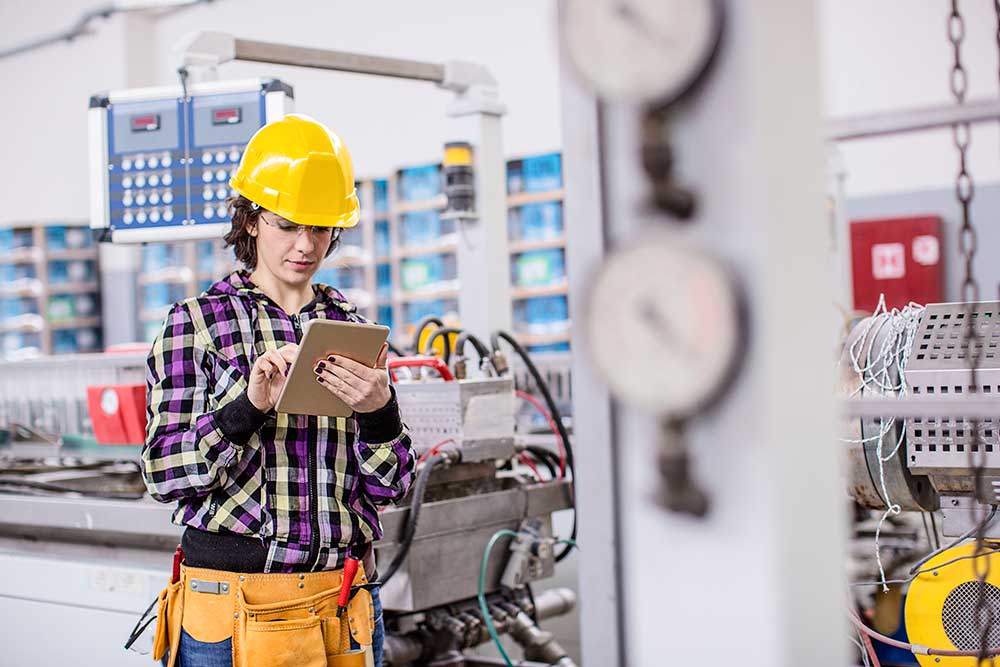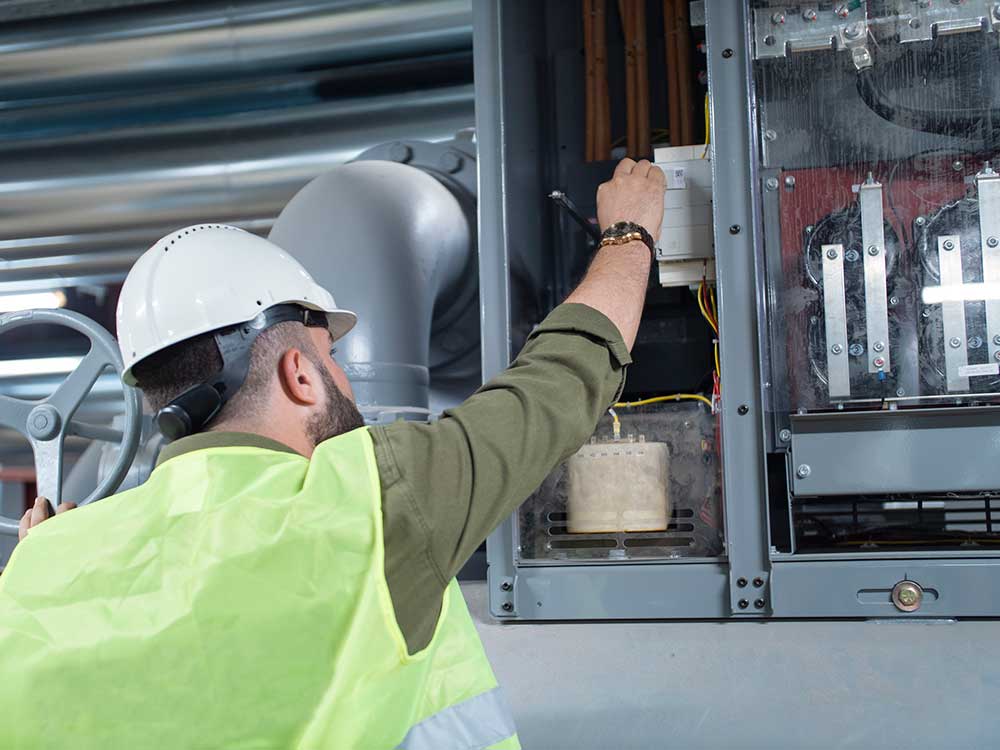
Electrical, Electronic Product Service & Installation Engineer
Careers Explorer:
Overview
Technology is developing at a rapid rate and the range of electrical or ‘smart’ products requiring engineering skills is increasing.
As an Electrical, Electronic Product Service & Installation Engineer you are vital in installing and servicing this range of equipment in the home or in commercial properties.
The assortment of equipment may include washing machines and microwave ovens in the kitchen to television and audio equipment in the living room. We’re ever-increasing towards the ‘smart home’ which gives wireless control of these products and link their requirements still closer.
To meet the needs of these ‘smart’ products, it is essential that you are I.T. literate and have an understanding of all aspects of connectivity, with the ability to make and troubleshoot I.P. connections to routers, Bluetooth and Wi-Fi connections, in both domestic and commercial situations.
You must also be capable in the usage of “Apps”. This is most definitely a role that has had to develop quickly as many of our products now need to talk to each other through the “Internet of Things” – therefore, giving the engineer a secure and profitable future.

Top 5 Tasks
- Install, test and hand over products to customers
- Diagnosing and repairing items
- Connect products to routers, Bluetooth and WiFi connections
- Ensure all tools and equipment are safe and fit for purpose
- Liaise with customers and clients.
Salary
Starting salaries for electronics engineers are around £21,000 to £25,000.
With experience and working at an incorporated engineer level, you could earn £28,000 to £40,000.
As a senior engineer you can expect a salary of between £40,000 and £65,000, with chartered engineers earning at the top of this scale.
Salaries depend on location, employer and level of experience.
Am I Suited?
- Problem solver
- Hands-on
- Efficient, yet effective
- Friendly
- Excellent communicator
Qualifications
You’ll usually need:
- Two or more GCSEs at grades 9 to 3 (A* to D), or equivalent, for a level 2 course
- Four or five GCSEs at grades 9 to 4 (A* to C), or equivalent, for a level 3 course
- 5 GCSEs at grades 9 to 4 (A* to C), or equivalent, including English and maths, for an advanced apprenticeship.
An engineer will have additional training if they are working on gas appliances or working in specific commercial premises, they may also have the opportunity to take additional qualifications to further develop their skills and extend their prospects into management, training or development.
Progression








